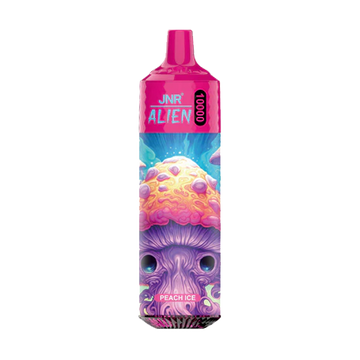Creating a Cleaning Schedule: Best Practices for Manufacturing Facilities
Running any kind of manufacturing facility is a challenge in itself. Between managing deliverables and meeting deadlines, ensuring staff safety, and all the necessary paperwork, making time for your commercial parts’ cleaning can sometimes fall by the wayside. The best way to get around this is to ensure you have a cleaning schedule and the right cleaning products that work for you and your business, allowing you to keep on top of your parts and machinery maintenance.
Benefits of having a parts cleaning schedule
As with anything related to business and commercial processes, having a process and a schedule is one surefire way to make sure everything is covered. Although cleaning may not spin profits immediately, having manufacturing machinery that works will save you time, money and resources in the long run.
Regularly and routinely cleaning commercial machinery parts can help prevent breakdowns and ensure that all machinery is safe for your staff to use. Taking a pre-emptive approach to commercial parts cleaning will keep you in operation. Ultimately, you’ll save money and possibly even boost profits when you can work around a cleaning schedule and predict when downtime will take place. This will help you manage projects and manage your clients’ delivery expectations.
How to lay out your parts cleaning schedule
Understanding how to lay out a parts cleaning schedule will help you stay organized and enable you to inform the relevant staff members of the roles they need to play in the cleaning process (if any). You can follow these steps to develop a cleaning schedule that will work for your business.
- Gather maintenance information: Your supplier should be able to provide the necessary information about routine cleaning. You can get in touch with your commercial parts supplier and ask them how often they recommend that the commercial parts you purchased from them be cleaned.
- Scope out your own projects: When you work in manufacturing, deadlines and delivery dates drive your overall operations. Map out when certain projects are due to avoid machinery downtime during your busy season. This will help you mitigate any risk of delay.
- Delegate cleaning: Although some cleaning solution suppliers may offer cleaning services themselves, you may need to use your business resources to get the job done. Find out who can take on the job and determine their availability to clean the respective parts.
- Schedule your cleaning: Once you’ve gathered all the above information, you can schedule your session to clean the commercial parts in question. Make sure your scheduled time aligns with your staff’s availability and project delivery dates.
Best products to use for parts cleaning
When you’re looking for the right solutions for commercial parts cleaning, your priority should be quality and safety. However, the one you choose depends on the part and overall application. Some existing products include:
Water-based cleaners
If you’re a company that prioritizes environmental friendliness and worker saftey, then water based cleaners may be the way to go. Of course, it depends on the commercial part you need cleaning. However, these formulas are suitable for most industrial and commercial applications, even those where more rigorous cleaning is required.
Oil-based cleaners
If you have a project where you need to clean stubborn grease or dirt, then oil-based solutions may be the next best option. You need to take extra care when handling these cleaners and ensure you or your staff wear protective gear.
Acidic cleaners
Acidic solutions should only be used when getting rid of inorganic contaminants like rust or limescale. They may be effective if your commercial parts are regularly exposed to moisture or hard water. Acidic cleaners should only be used when necessary, and again, additional caution is advised.
Why you should consider water-based cleaners
Water-based cleaners are among the most versatile cleaning solutions. They help remove dirt caused by oil and grease. As a rule of thumb, if dirt is water soluble (as most are), then a water-based cleaner is the perfect choice. As mentioned, they’re also less harmful to the environment when disposed of properly and will have little to no effect on handlers.
Nail your cleaning schedule and products
Hopefully, you’re now fully equipped to draw up the perfect commercial parts cleaning schedule and knowledgeable about the best products to use. If you still have a couple of questions, contact an expert cleaning solutions provider and learn what’s best for your business.
For more Articles Visit on: https://freshvoicehub.com/














Post Comment